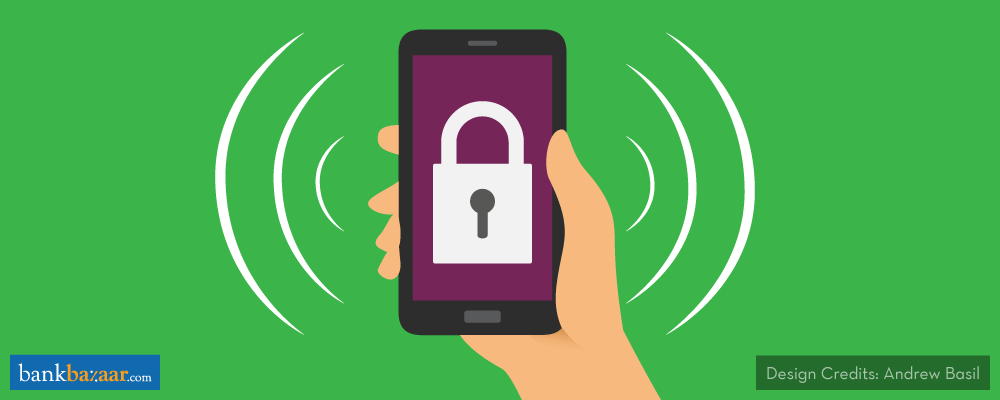
From paying bills to booking tickets and buying groceries to storing money, e-wallets have pervaded many levels of our lives and have replaced the physical wallet to a degree, thanks to the Indian government’s drive against black money.
The demonetisation drive has urged many individuals and businesses alike to adopt digital payment systems, indicating a desire to go cashless to sustain themselves.
Among other e-payment options, e-wallets have proven to be handy and hassle-free allowing the convenience of loading and emptying money as and when required, transferring money to individuals, making payments for purchases and shopping from multiple e-commerce platforms – all this with a few click using a smartphone from any location.
Additional Reading: Going Cashless: Here’s What You Need To Know
However, with your phone turning into a financial powerhouse, it’s important to manage your phone and apps well and conduct digital transactions with safety.
While most e-wallets comply with the RBI security specifications asking for a two-factor authentication for transferring money to another wallet and allowing you to log in only on keying in the corresponding password and OTP, there is still scope for improvement in terms of security.
Here are a few steps you can take towards making your e-wallets safe:
Download Apps From The App Store
There are several e-wallets available and new ones are being launched all the time. Some have sturdy security features while there may be security concerns with other apps. While installing these apps, make sure you only get them through the official app store. Don’t download apps directly from the internet. If you use Android, get the e-wallet apps from the Play Store. If you’re using an Apple product, get the app from the App Store. This way, you are getting the most secure, most authentic version of any app. Therefore you’ll reduce the risk of installing a compromised app that may put your personal data and money at risk.
Install Antivirus And Anti-malware
It’s time to pay as much attention to smartphones as you do for the security of your laptops and desktops. With many transactions taking place through your phone now, it’s important to have an anti-virus and anti-malware app installed on it too. Any malware downloaded and installed by mistake have the potential to steal personal information, thus leading to identity theft and illegal transactions.
Install Protective Apps
Some e-wallets don’t ask for two-factor authentication and money can be transferred with a single click. So losing a phone would mean losing all your personal information and money if it lands in the wrong hands. In order to protect your financial apps from getting misused while your phone is unattended, it’s important that you use a screen lock on your phone. To add further protection you must use app locks to keep the apps containing sensitive information individually guarded. Make sure your device has remote access enabled. This will help you wipe the data clean remotely in case your phone gets stolen.
Keep Limited Money In The Wallet
What do you do if all your safety measures fall flat? Your money will be at the mercy of the person who lays his hands on your phone. He may access the funds stored in your e-wallet. In such a situation, your risk would be minimised further if you keep a low fund balance in your e-wallet. You’re allowed to deposit up to Rs. 20,000 a month (and Rs. 1,00,000 per month after completing your e-wallet KYC). But you may be better served by keeping your balance low and to top it only as per your immediate needs.
Log Out After Use
Most e-wallets keep you logged in once you start using them. This is unlike netbanking apps that automatically log you out after a few minutes of inactivity. It would be a wise idea to log out of e-wallets after you complete transacting. This would further prevent unwanted access.
E-wallets are designed to be a frictionless experience. They can be a breeze to use and they will settle your transactions very quickly unlike netbanking or plastic payments that may have security checks and balances built into them. To continue using your wallets safely, employ these safety mechanisms and rest assured that your money is safe.
Additional Reading: 10 Tips To Use Your Mobile Wallet Right